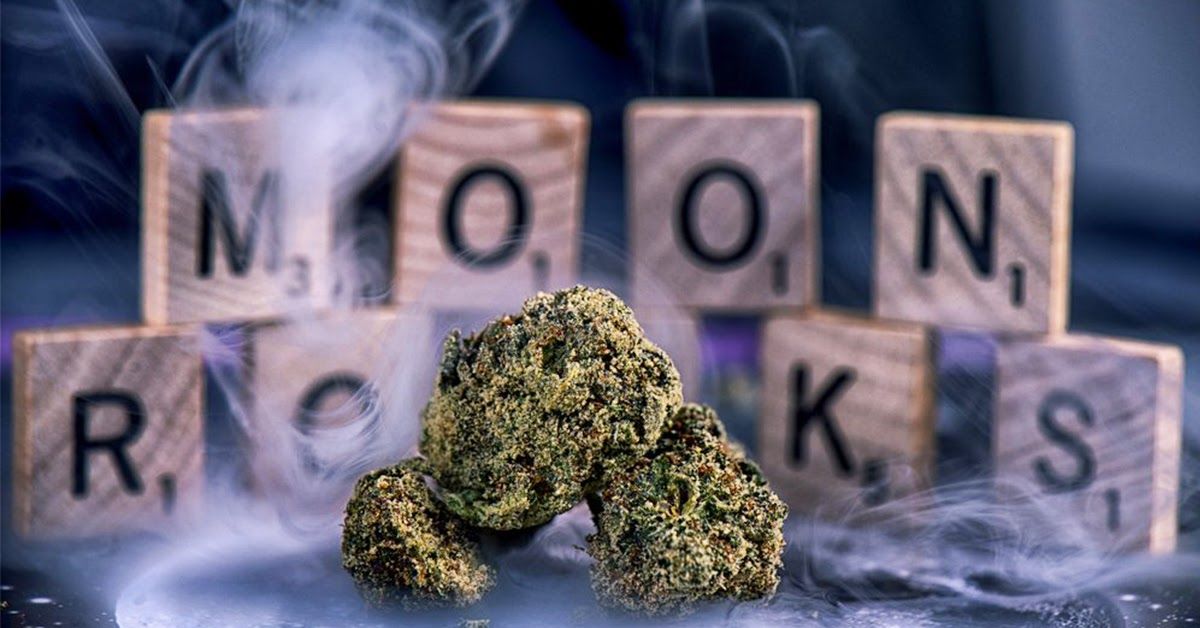Unraveling the Munchies: The Intriguing Connection between THC and Appetite
Marijuana, renowned for its psychoactive properties, often triggers a peculiar phenomenon known as "the munchies". This term, coined from Charles T. Tart’s 1971 study, "On Being Stoned", refers to the intense cravings for food, particularly high-calorie and sweet treats, experienced by users after consuming cannabis.
The Role of THC in Appetite Stimulation
The primary psychoactive component in marijuana, Tetrahydrocannabinol (THC), holds the key to this peculiar appetite enhancement. THC interacts with our brain and stimulates appetite, even when we're not physically hungry.
THC and the Endocannabinoid System
Our bodies house a complex network, the endocannabinoid system, that regulates various functions like emotions, memory, pain sensitivity, and appetite. This system consists of receptors, much like keyholes, with which THC, acting as a key, interacts to stimulate certain responses in our cells.
The Impact of THC on Ghrelin
One of the ways THC potentially enhances appetite is by stimulating the hormone ghrelin. Secreted by the stomach, ghrelin signals the brain that the body is hungry, thus stimulating the appetite. Research suggests that THC triggers ghrelin release, thereby increasing the craving for food.
The Munchies and Food Preferences
THC’s interaction with ghrelin doesn’t just increase appetite; it also influences our food preferences. The munchies typically lead to cravings for high-calorie, sweet, or fatty foods.
THC and the Olfactory Bulb
Research conducted on mice revealed that THC enhances our sensitivity to smell by binding to receptors in the olfactory bulb in the brain. This enhanced sensitivity makes food aromas more potent, thereby causing us to eat more.
THC, Dopamine, and Pleasure
Another intriguing facet of THC’s influence on appetite pertains to its interaction with dopamine, a neurotransmitter that controls the brain's reward and pleasure centers. THC increases the release of dopamine, which not only enhances the pleasure of eating but also lowers inhibitions, leading to increased consumption of food.
Taming the Munchies: Dosage Matters
The intensity of the munchies largely depends on the quantity of marijuana consumed and the method of consumption. For instance, smoking marijuana results in a higher level of THC in the blood, leading to more intense munchies compared to consuming edibles. Lowering the dosage of THC or incorporating CBD, which tends to blunt some of THC's side effects, can help control the munchies.
THC and Metabolism: A Curious Connection
While THC enhances appetite and leads to increased food intake, research shows little to no effect on body weight. This could be due to the interaction of THC with our metabolism. The chemical compounds in marijuana potentially affect the body's ability to burn through calories, counteracting the calorie intake increase due to the munchies.
THC: A Double-Edged Sword
While the munchies may seem like an amusing side effect of marijuana consumption, they bear significant implications for certain medical conditions. For instance, in patients suffering from HIV-induced anorexia, the appetite enhancement caused by THC can prove therapeutic.
Synthetic THC and Medical Applications
Recognizing THC's appetite-stimulating properties, the FDA has approved synthetic THC for treating conditions like HIV-induced anorexia. However, more research is needed to fully understand and leverage the potential medical applications of THC.
Targeting the Endocannabinoid System for Health
Understanding the endocannabinoid system and its influence on appetite could pave the way for novel treatments for conditions like obesity and anorexia. However, the universality and complexity of this system pose significant challenges in developing targeted drugs.
The Evolving Landscape of Cannabis Research
The world of cannabis research continues to evolve, with scientists striving to unravel the intricate mechanisms through which compounds like THC influence our bodies. As we delve deeper into the mysteries of the munchies, we continue to uncover fascinating insights into the intricate interplay between cannabis, our brain, and our appetite.
Wrapping Up
The munchies, while seemingly a lighthearted side effect of marijuana use, hold profound implications for our understanding of the human body, appetite regulation, and potential therapeutic applications. As we continue to explore the world of cannabis and its impact on our bodies, one thing is clear: the munchies are much more than a mere punchline; they are a window into the fascinating world of our endocannabinoid system and its myriad functions. As our understanding deepens, so does our appreciation for the complex interplay between cannabis, our brain, and our appetite.



![[UPDATED] Hemp vs. Marijuana - The real difference](https://ik.imagekit.io/olivastu/media/magefan_blog/Featured4.jpg)

